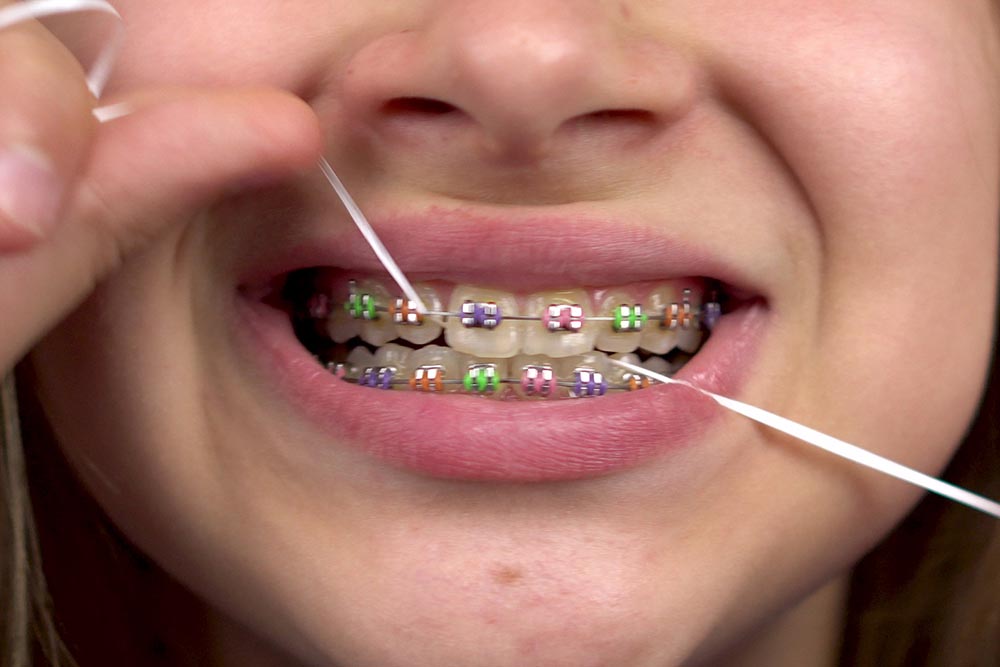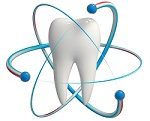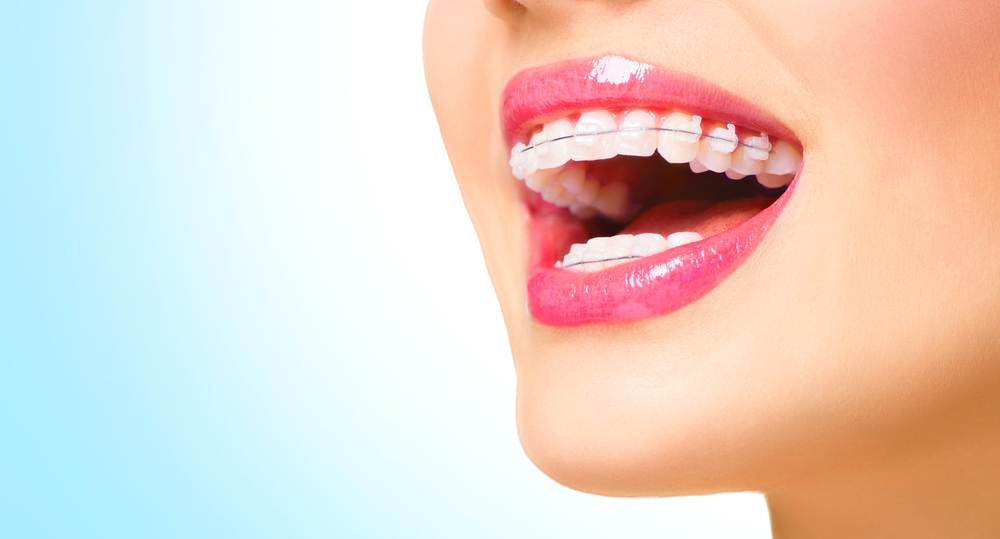Introduction
Bad breath, also known as halitosis, can be an embarrassing problem that affects many individuals. It can have a negative impact on your self-confidence and social interactions. While occasional bad breath is normal, persistent bad breath can indicate underlying oral health issues that need to be addressed. In this blog post, we will explore daily habits that can help you maintain fresh oral hygiene and keep bad breath at bay.
Brushing and Flossing
One of the most important daily habits for maintaining fresh oral hygiene is brushing and flossing your teeth regularly. Brush your teeth at least twice a day, using a fluoride toothpaste and a soft-bristled toothbrush. Make sure to brush all surfaces of your teeth, including the front, back, and chewing surfaces. Additionally, flossing once a day helps remove plaque and food particles from between your teeth, preventing bad breath.
Tongue Cleaning
Many people overlook the importance of cleaning their tongue, but it plays a significant role in maintaining fresh breath. Use a tongue scraper or your toothbrush to gently clean your tongue every day. This helps remove bacteria and debris that can cause bad breath.
Stay Hydrated
Drinking an adequate amount of water throughout the day is essential for fresh breath. Dry mouth can contribute to bad breath as it reduces saliva production, which helps wash away bacteria and food particles. Stay hydrated by drinking water regularly, especially after meals.
Avoid Tobacco and Alcohol

Tobacco and alcohol can both contribute to bad breath. Smoking and chewing tobacco not only leave a foul odor in your mouth but also increase the risk of gum disease and oral infections. Similarly, alcohol can dry out your mouth, leading to bad breath. Avoiding these substances can significantly improve your oral hygiene and breath freshness.
Choose Breath-Friendly Foods
Some foods can help freshen your breath, while others can contribute to bad breath. Incorporate breath-friendly foods into your diet, such as fresh fruits and vegetables, parsley, and yogurt. These foods can help neutralize odors and promote saliva production, keeping your breath fresh.
Regular Dental Check-ups
Regular dental check-ups are crucial for maintaining fresh oral hygiene. Visit your dentist at least twice a year for professional cleanings and examinations. Your dentist can identify any underlying dental issues that may be causing bad breath and provide appropriate treatment.
Summary
Having fresh breath is not only important for your oral health but also for your overall well-being. By incorporating simple daily habits into your routine, you can effectively combat bad breath and enjoy a confident smile. This blog post will cover various strategies such as proper brushing and flossing techniques, tongue cleaning, regular dental check-up her explanation s, and the importance of staying hydrated. By following these tips, you can ensure that your breath remains fresh and pleasant throughout the day.
- Q: How can I prevent bad breath?
- A: To prevent bad breath, make sure to brush your teeth at least twice a day, floss daily, clean your tongue, and use mouthwash regularly.
- Q: Is it important to clean my tongue?
- A: Yes, cleaning your tongue is essential for maintaining fresh oral hygiene. Bacteria can accumulate on the tongue’s surface, leading to bad breath.
- Q: How often should I replace my toothbrush?
- A: It is recommended to replace your toothbrush every three to four months or sooner if the bristles become frayed. A worn-out toothbrush may not clean your teeth effectively.
- Q: Can certain foods cause bad breath?
- A: Yes, certain foods like garlic, onions, and spices can contribute to bad breath. Additionally, sugary foods and drinks can promote bacterial growth, leading to unpleasant breath.
- Q: Should I use mouthwash?
- A: Using mouthwash can be beneficial in reducing bad breath. Look for an alcohol-free mouthwash that kills bacteria and freshens breath. However, it should not replace regular brushing and flossing.
- Q: How does drinking water help with bad breath?
- A: Drinking water helps to keep your mouth hydrated and stimulates saliva production, which can wash away bacteria and food particles that cause bad breath.
- Q: Can smoking cause bad breath?
- A: Yes, smoking not only stains your teeth but also dries out your mouth and leaves a lingering odor. Quitting smoking can significantly improve your breath and overall oral health.
- Q: Are there any natural remedies for bad breath?
- A: Yes, chewing on fresh herbs like parsley or mint leaves, using baking soda as a toothpaste, or rinsing with a mixture of water and apple cider vinegar can help combat bad breath temporarily.
- Q: When should I see a dentist about my bad breath?
- A: If you have tried maintaining good oral hygiene habits but still experience persistent bad breath, it is

Welcome to my website! My name is Ryder Forsyth, and I am a dedicated and passionate professional Orthodontist. With years of experience in the field, I have had the privilege of helping countless individuals achieve their dream smiles and improve their overall oral health.

